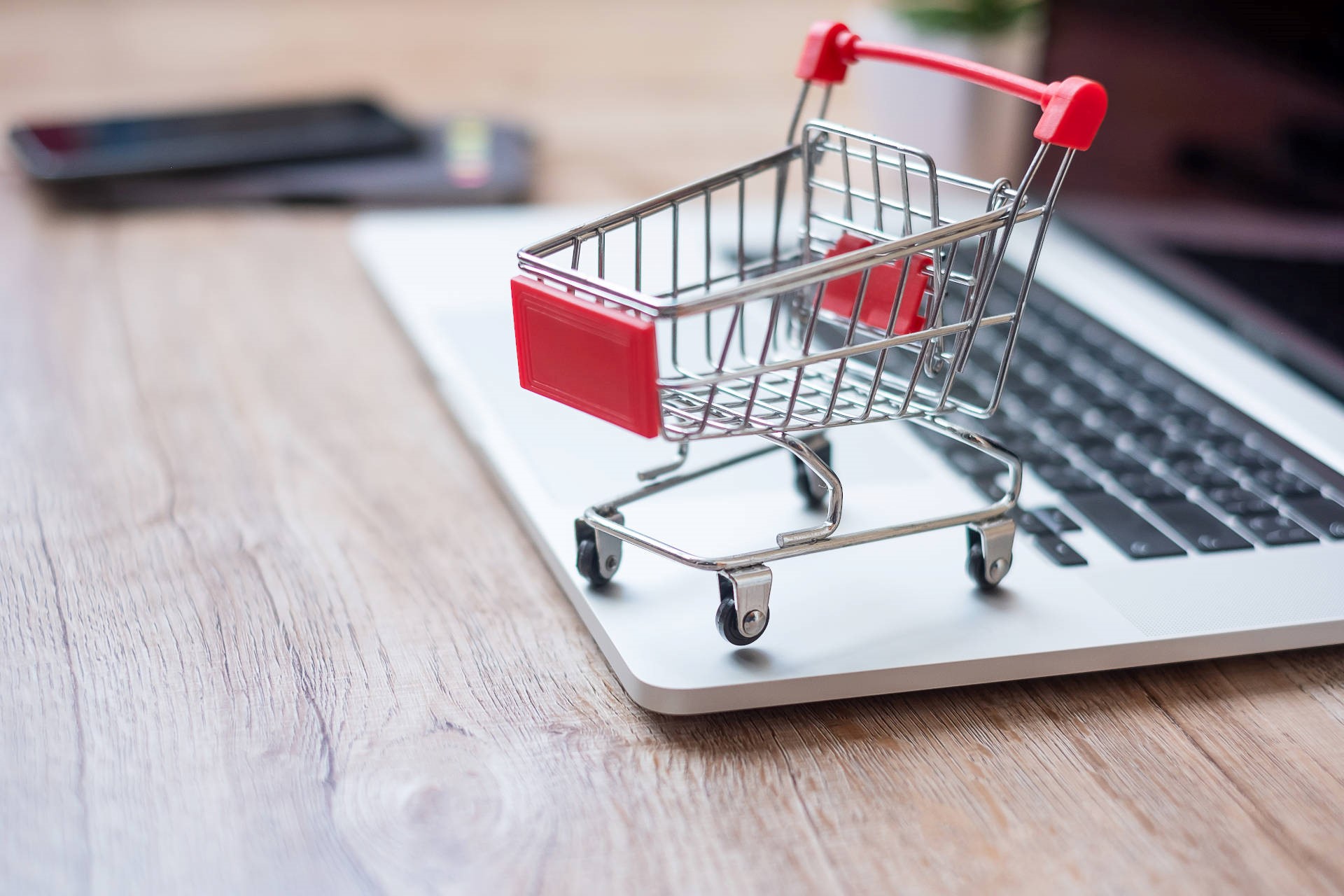Taking your business online may be a good step if you want to extend your audience reach and boost your customer acquisition strategy. Though it doesn’t seem like a lot of work, moving your brick & mortar shop into the digital space requires more than just a working computer and an internet connection.
Building a successful e-commerce business requires significant investment and planning, and there may be additional costs that you haven’t factored in yet, beyond website building. So, if you’re planning to set up your business online, you need to be aware of the hidden costs to ensure you’re financially prepared for every possible expense. Here are some of them:
Website building & hosting
Building your website infrastructure is one of the first steps when building an online store. This can prove costly if you create a website from scratch. More than starting up a WordPress blog, you should know that online shoppers will expect nothing less than a robust page. You need to pay for a domain name, SSL certification, and hosting. A good website will also require hiring web developers and designers to custom-build your site.
Design
An effective website will require great aesthetics. To no one’s surprise, this will cost you extra. Investing in design ensures that people will want to visit your site regularly and influence them to spend on your products. Here are the design-related costs you should keep an eye on.
- Logo & graphics – creating a logo is essential for brand recall. This comes with custom graphics to include in your website as well as other marketing materials.
- Images – most brands rely on visual appeal to convert browsers into paying customers. Putting your products and services on display with attractive images is a reliable way to sell your products. Hiring a photographer to take personalised photos of your product catalogue will make your e-commerce site appear more credible and enticing to customers.
Content creation & marketing
You will need persuasive content to make people more eager to buy your products. This includes writing website copy, product descriptions, blog articles, and more. Marketing runs hand-in-hand with content creation. As your online platform grows, you need to double down on your advertising efforts. Work with a reliable marketing agency that can bring suitable SEO strategies for your brand and set up targeted ads. This will bring more visitors to your page, generate more leads, and position you well for a sizeable profit increase.
Payment processing
Setting up payment platforms on your website is also a vital cost. You’ll pay transaction fees to integrate payment gateways like PayPal. As a business owner, you need to factor in the small fees taken from online purchases as nearly all online transactions are made with a credit card. Regardless of your payment method, you need to ensure that they are secure and that you know the cost of credit card processing fees.
Cyber security & protection
Even small businesses are not spared from cyber attacks such as malware or hacking. We discourage relying on free plugins as a viable security option. As a growing business, you need to invest in security measures that will prevent cyber criminals from hacking your website and exploiting your business. The costs of incorporating security programs and software into your site will vary depending on your needs.
- SSL – You will want to get an SSL certificate to get HTTPS protection. Many online shoppers look for this kind of security when purchasing online. If your website doesn’t have it, they may just click away.
- Insurance – Just because you don’t operate in physical space doesn’t mean you don’t need insurance. Consider obtaining product liability insurance and business interruption insurance for unexpected situations that can affect your supply chain.
Website maintenance
You need to run periodic maintenance and updates even after launching your website. From security updates down to content and SEO, expect to hire people to help you update and manage your e-commerce website.
Storage
Selling online doesn’t eliminate the storage expenses you pay to keep your inventory in warehouses. As you wait to sell your stock, you still need to carry the cost of rent and insurance. This can affect your bottom line as you tie up your capital in unsold inventory. Make sure you have this taken care of as you start your online business.
Partner with Bartecard!
There’s no doubt that starting an e-commerce business can be a profitable decision for your company, but you need to be aware of the costs—especially recurring ones—that come along with running an online business. The good news is there are new technologies and more financially sound alternatives available that can help your online business succeed. With the Bartercard marketplace, you have the freedom to introduce your products to a wide network, trade with other members, free up your inventory, and generate new customers for increased profits. What are you waiting for? Join Bartercard today!


